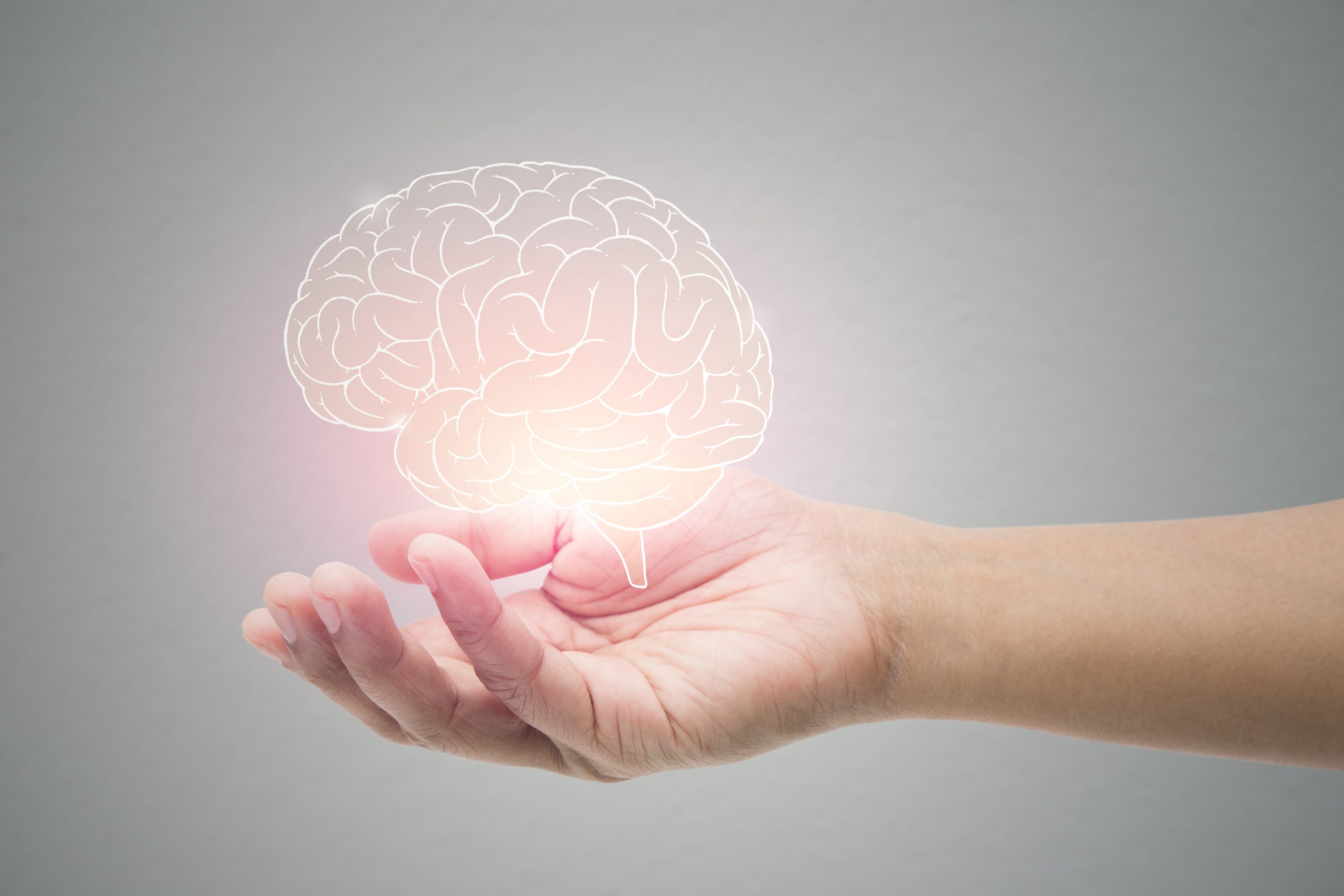Physical exercise is often seen as a way to improve one’s physical health, but did you know that exercise can also have a positive impact on your mental health? Regular exercise has been linked to improvements in mood, reduced stress, and increased feelings of well-being. Here are seven ways exercise can boost your mental health:
1. Reduces stress and anxiety
Exercise has been shown to reduce stress and anxiety levels. Physical activity increases the production of endorphins, the body’s natural mood-boosters, which can reduce feelings of stress and anxiety. Exercise can also help to reduce levels of the stress hormone cortisol, which can contribute to feelings of anxiety.
2. Improves mood
Exercise has been linked to improvements in mood, including reductions in symptoms of depression. Physical activity can stimulate the release of serotonin and dopamine, two neurotransmitters that are associated with feelings of pleasure and happiness. Exercise can also provide a sense of accomplishment and self-esteem, which can boost mood.
3. Increases energy levels
Regular exercise can help to increase energy levels, which can have a positive impact on mental health. Physical activity can improve blood flow and oxygen supply to the brain, which can help to reduce feelings of fatigue and increase feelings of alertness.
4. Boosts self-esteem
Exercise can boost self-esteem and confidence. Regular physical activity can help to improve physical appearance, increase strength and endurance, and provide a sense of accomplishment. This can improve self-esteem and confidence, which can have a positive impact on mental health.
5. Helps to manage addiction
Exercise can be a helpful tool in managing addiction. Physical activity can help to reduce cravings and withdrawal symptoms, and can provide a healthy distraction from addictive behaviors. Exercise can also help to improve mood and self-esteem, which can help to reduce the risk of relapse.
6. Provides social support
Exercise can provide an opportunity for social support and connection. Joining a group exercise class or participating in team sports can provide a sense of belonging and social support, which can have a positive impact on mental health.
7. Improves cognitive function
Exercise has been linked to improvements in cognitive function, including increased attention, focus, and memory. Physical activity can stimulate the growth of new brain cells and neural connections, which can improve cognitive function and reduce the risk of cognitive decline.
In conclusion, regular exercise can have a positive impact on mental health in a variety of ways. Exercise can reduce stress and anxiety, improve mood and self-esteem, increase energy levels, improve cognitive function, help to manage addiction, and provide social support. Incorporating regular physical activity into your routine can be a simple and effective way to improve your overall well-being.
If you are in the business of helping people lead healthier lives by running a fitness studio, you could benefit from subscribing to a fitness studio management software like My Best Studio.
